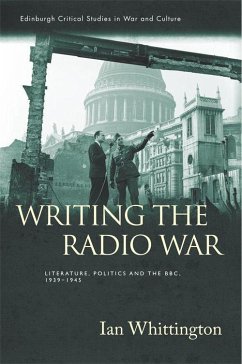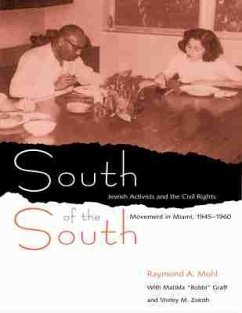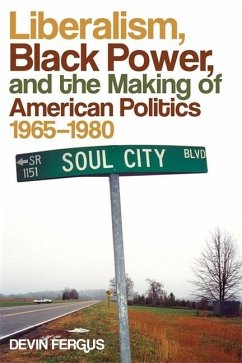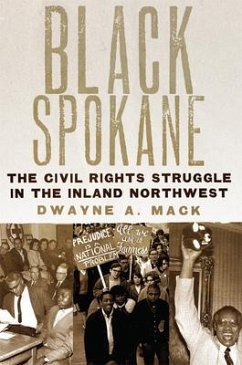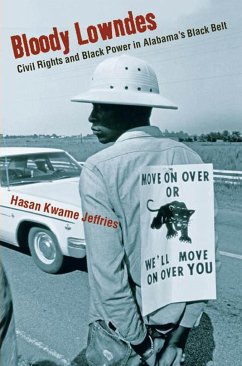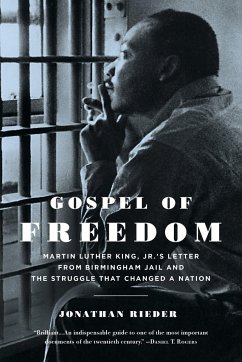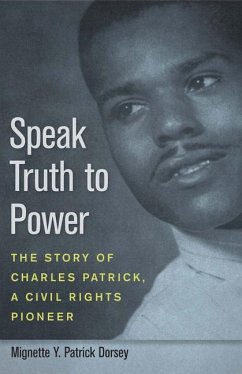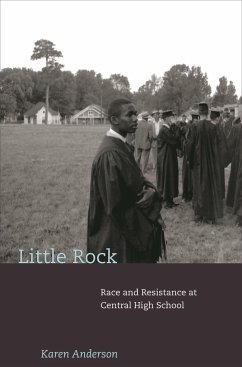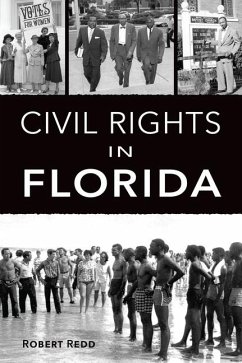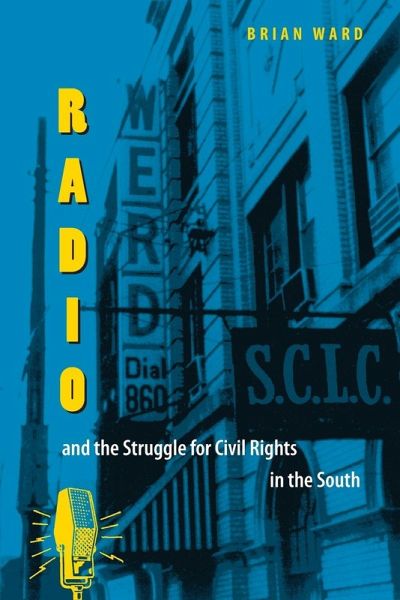
Radio and the Struggle for Civil Rights in the South
Versandkostenfrei!
Versandfertig in über 4 Wochen
26,99 €
inkl. MwSt.

PAYBACK Punkte
13 °P sammeln!
While focusing on civil rights activities in Atlanta, Birmingham, Charlotte, Washington, D.C., and the state of Mississippi, the book draws attention to less well-known sites of struggle such as Columbus, Georgia, and Columbia, South Carolina, where radio also played a vital role. It explains why key civil rights leaders like Martin Luther King and organizations such as the NAACP, SCLC, and SNCC put a premium on access to the radio, often finding it far more effective than the print media or television in advancing their cause. Ward rescues from historical obscurity a roster of colorful deejay...
While focusing on civil rights activities in Atlanta, Birmingham, Charlotte, Washington, D.C., and the state of Mississippi, the book draws attention to less well-known sites of struggle such as Columbus, Georgia, and Columbia, South Carolina, where radio also played a vital role. It explains why key civil rights leaders like Martin Luther King and organizations such as the NAACP, SCLC, and SNCC put a premium on access to the radio, often finding it far more effective than the print media or television in advancing their cause. Ward rescues from historical obscurity a roster of colorful deejays, announcers, station managers, executives, and even the odd federal bureaucrat, who made significant contributions to the freedom struggle through radio, and he restores radio to its rightful place in the history of black protest, race relations, and southern culture.






